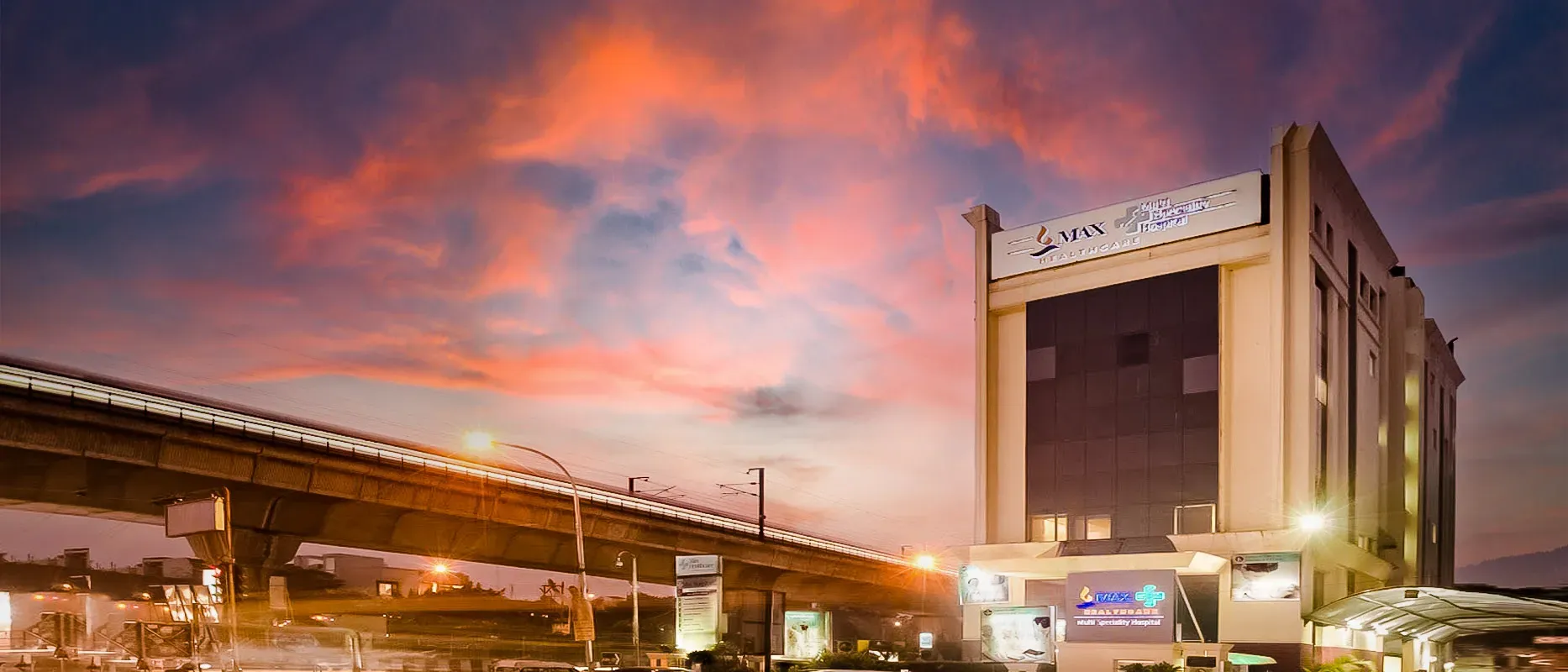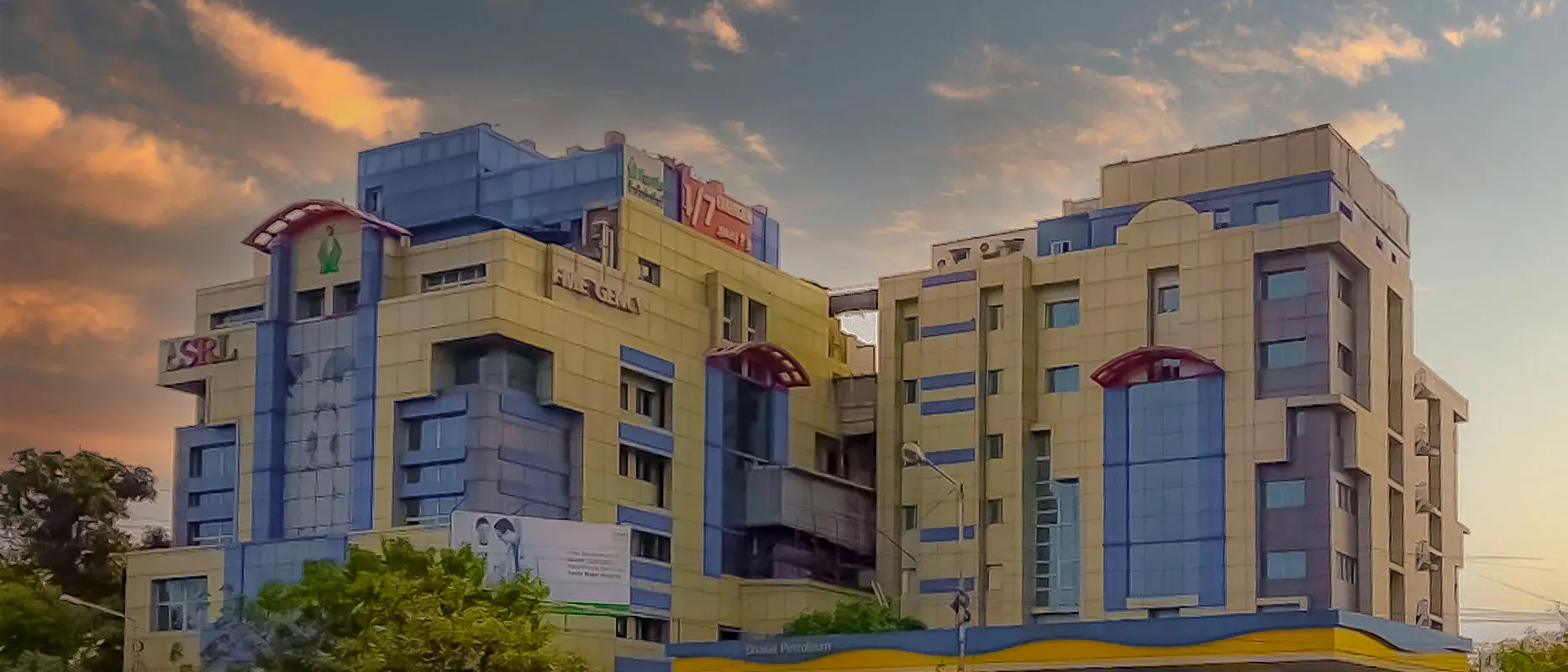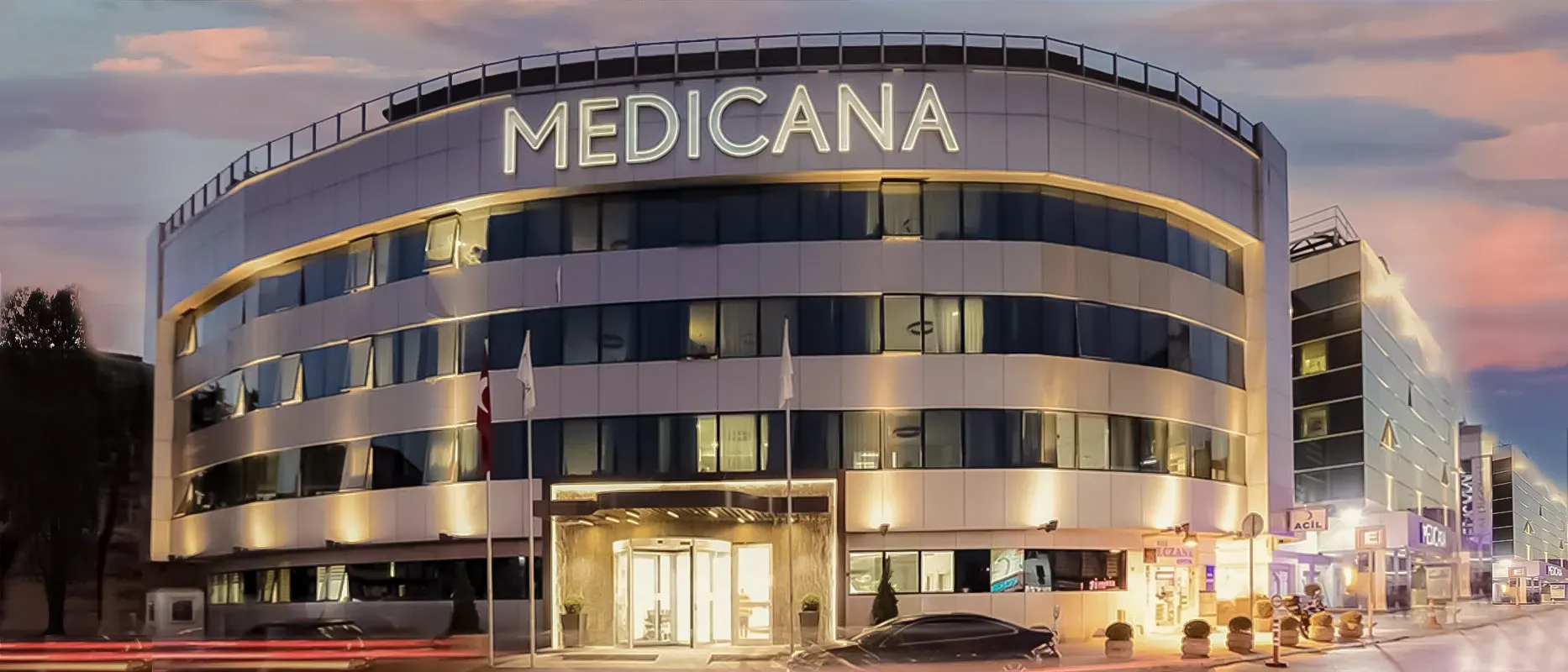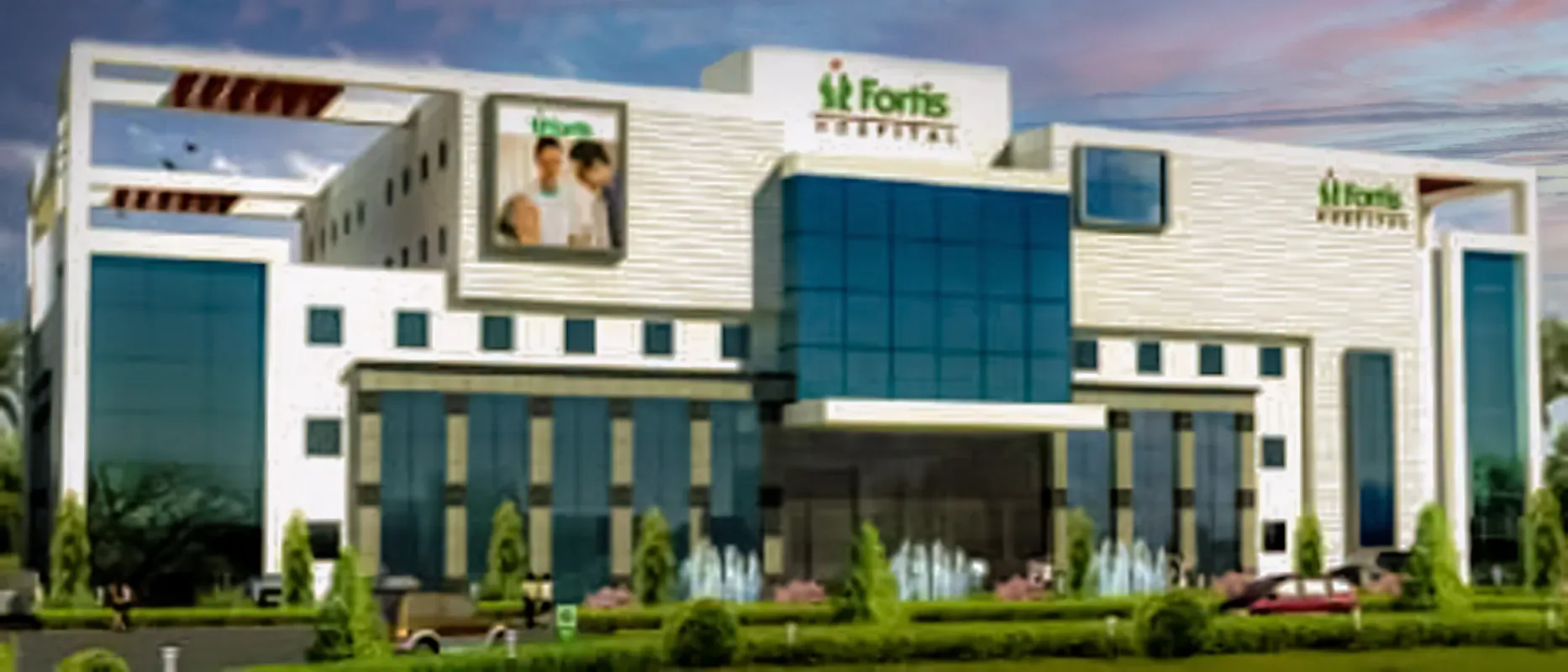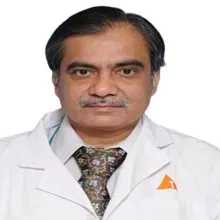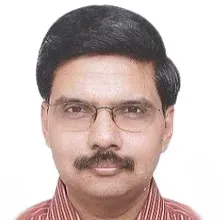Overview of Partial Nephrectomy Treatment India
Partial nephrectomy is a surgical procedure to remove diseased or damaged tissue from a kidney. The healthy tissue is not touched and is left behind in the kidney. The benefit of this procedure is that part of the kidney is spared and functionality is saved. Nephrectomy is performed to treat kidney cancer or to remove a benign tumor. It is also performed to deal with diseased or damaged kidneys. If a donor is required, a urology surgeon will remove a healthy kidney from a donor and transplant it into a patient.
Types of Partial Nephrectomy Treatment India
Before Procedure
If you are taking blood thinners, stop taking those one week before surgery. Tell your doctor about medications and supplements you are taking. There are certain supplements that can increase bleeding and need to be stopped before surgery. Additionally, stop smoking as it reduces the healing process.
It is recommended to avoid eating or drinking anything after midnight before surgery. If asked by a doctor, a patient can take blood pressure medicine with small sips of water. The partial nephrectomy is performed under general anesthesia. Patients will be given medication before surgery and a urinary catheter is also placed. Patients will lie on side or back during surgery, depending on the location of the tumor or damaged tissue.
During the Procedure
Partial nephrectomy can be done in two ways – open surgery and laparoscopic surgery. In open surgery, the incision is made in the abdominal wall to reach the kidney and tumor. In another approach, the ube-like instrument is placed inside the body through small incisions. This approach can also be combined with a surgical robot system. In robotic surgery, the camera and mechanical arms are used as surgical instruments. The doctor sits at a computer console and controls both these arms. Both these techniques are effective. However, the recovery is faster in laparoscopic surgery.
The exact location of the tumor is determined and an incision is made accordingly. In some cases, blood flow to the kidney is stopped during surgery to minimize the chances of blood loss. Once the tumor or damaged tissue is removed, the surgeon will suture the incision and apply medicine. The decision on how much tissue will be removed depends on whether:
01. A tumor is invaded to the kidney
02. Number of tumors
03. Severity of kidney infection
04. Tumor has affected nearby tissue
05. Overall kidney functionality
06. Other diseases affect kidney
This decision is made on the basis of imaging tests, including CT scan, MRI scan and ultrasound.
In case, the tumor has spread in the collecting system of the kidney then the doctor will place a double-J stent. The J-stent makes sure that urine can flow through the urinary system. It will be removed when wounds are healed after several days or weeks.
After the Procedure
After surgery, the urinary catheter tube will be attached for several days. Doctor will give instructions on diet and activities to do. Patients will be advised to avoid heavy lifting or strenuous activity for several weeks.
Diagnosis of Partial Nephrectomy Treatment India
Partial Nephrectomy Purpose
The main reason behind nephrectomy is to remove a tumor from the kidney. Most of the time, these tumors are cancerous and in rare cases, they can be benign (noncancerous). Renal cell carcinoma is the most common kidney cancer in adults which develops in the cells of small tubes in kidneys. However, tumors in the kidney are rare among children. If it develops, then it is a type of cancer known as Wilms tumor. Additionally, it is required to treat other kidney diseases.
People have two kidneys that are located near the upper abdomen and are fist-sized organs. The functionality of kidneys include:
01. Filtering and getting rid of waste products from the body
02. Remove drugs or toxins from the body
03. Maintain overall fluid balance
04. Produce hormones to maintain blood pressure
05. Release vitamin D to promotes healthy bones
06. Influence the production of red blood cells
When the kidney fails to perform normally, the nephrectomy (partial or full) is done.
Kidney Diagnostic Tests
The first step towards kidney disease diagnosis is that the doctor will discuss personal and family history. Doctors will ask questions regarding blood pressure and other changes in urinary habits. However, there are certain procedures and tests required, including:
01. Blood Tests
02. Urine Tests
03. Imaging Tests
04. Removing a sample of Kidney Tissue for Testing
Symptoms and Risk factors
Side Effects of Procedure
Partial nephrectomy success rate is higher and is a safe procedure. But it carries some complications, such as:
01. Infection
02. Bleeding
03. Damage to nearby organs and other serious problems
There are some long-term problems due to reduced kidney functionality. These risks include chronic kidney disease and high blood pressure (hypertension).
Partial Nephrectomy Recovery
Walking is recommended after the surgery to avoid blood clots, pneumonia and other complications. Liquid diet is recommended for the first few days and gradually start with a solid diet. To preserve normal kidney function, patients are advised to stick to a healthy diet and do regular health checkups to monitor kidney functionality. These checkups include:
01. Blood Pressure - A close monitoring of blood pressure is mandatory. This is due to the reason that reduced kidney function can increase blood pressure which can damage the kidney.
02. Protein Urine Levels - The increased protein levels in urine indicates damage or poor kidney function.
03. Waste Filtration - This test is performed with a sample of blood to measure creatinine level. If the filtration rate is reduced, then this indicates decreased kidney functionality.
If a patient has reduced kidney function after partial nephrectomy, then additional lifestyle changes are required including dietary changes and medications.
Top Hospitals for Partial Nephrectomy in India
Shaping the future of the healthcare institution and establishing the path to accomplishment.
Kokilaben Dhirubhai Ambani Hospital and Medical Research Institute Mumbai,India
Book Appointment
Top Doctors for Partial Nephrectomy in India
Empower your Health with the Expertise of Leading Medical Professionals.
Dr. S. Balasubramaniam
Department of Neurology & Nephrology
Consultant
Book Appointment
Treatment Costs for Partial Nephrectomy
Be the change and be an opportunist in transforming healthcare.
How it's Works
Guiding your Journey from Discovery to Treatment Planning and Beyond.
Discovery
Get a consultation to discover about your treatment
Pre-Treatment
Admission to the best hospital and all pre-treatment facilities
Post Treatment
Get post-treatment follow-up care with medicine fulfillment
Treatment Planning
Hassle-free treatment planning with package & cost estimations
in-treatment
world-class quality procedures and equipment for treatment













